
The Science of Self
Despite so many studies being done on improving ourselves, it can be hard to find specific, actionable steps to make our lives better.
Bestselling authors cut out the jargon and pop psychology to give insight and tips to be a better you.
If you want proven ways and applicable tips to live a better life, listen in weekly and improve your life from the inside out!
- Update frequency
- every 6 days
- Average duration
- 25 minutes
- Episodes
- 261
- Years Active
- 2021 - 2025

It All Comes Down To Energy
It’s not that self-discipline, habitualized behaviors, and intentional and analytical thinking are useless endeavors. No, these are some of the best changes you can make to your life. But you won’t b…
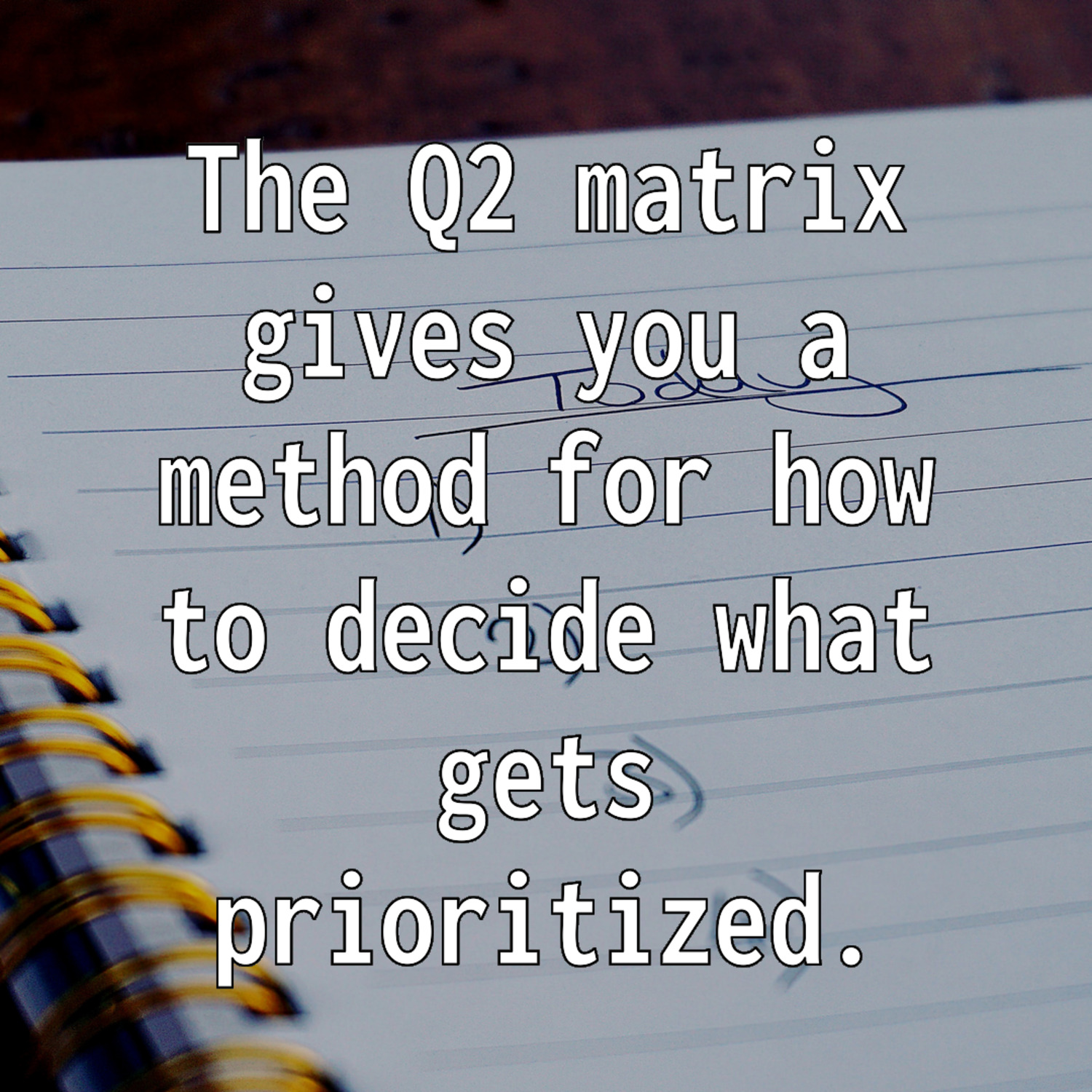
Upgrade Your To-Do List With The Q2 Matrix
The truth is that to-do lists often don’t take context into account. Q1 and Q2 thinking solves that problem by forcing you to understand the difference between urgent and important. Most people don’t…
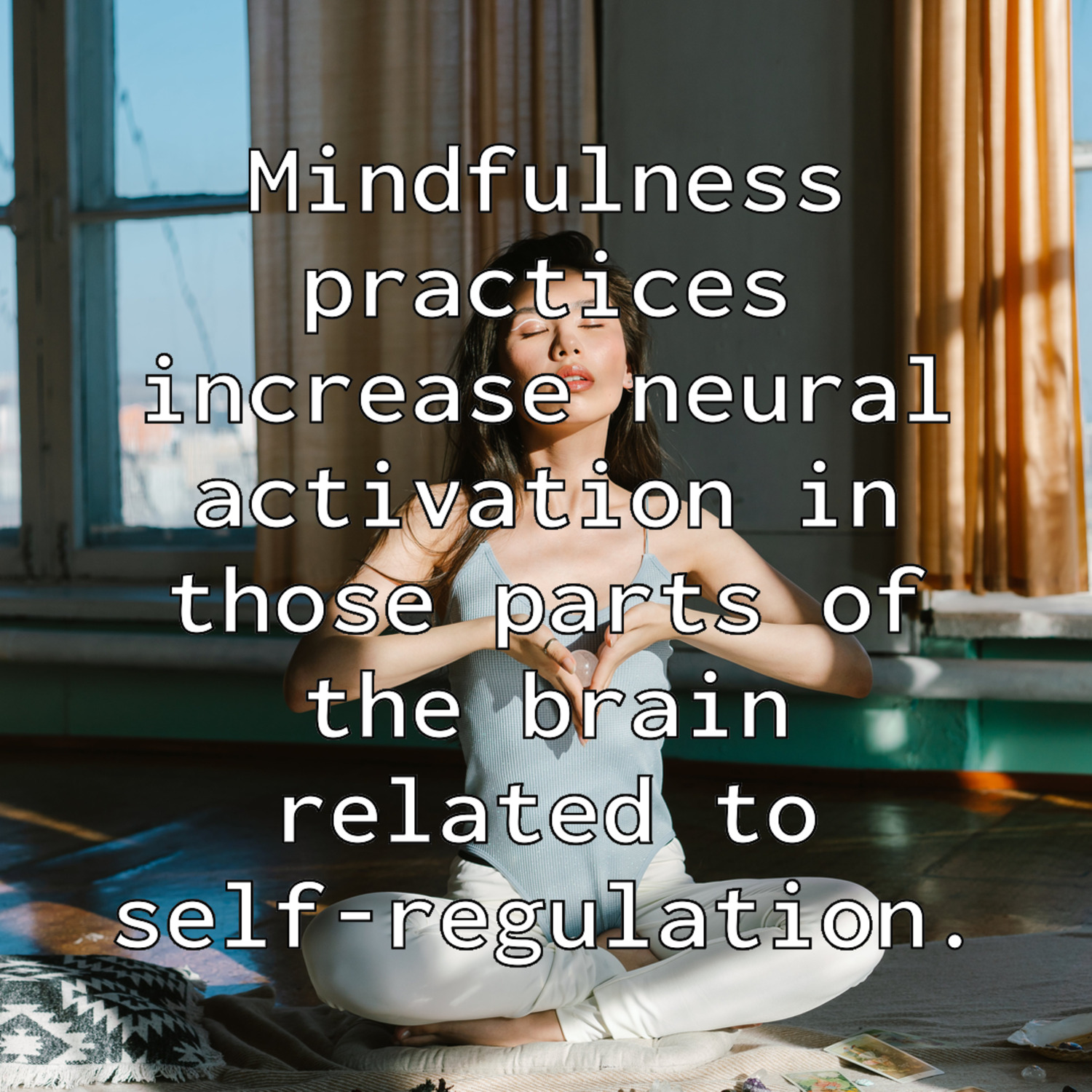
Meditate To Activate
Being mindful and meditating are not just ways to reduce stress and improve wellbeing; theyre techniques to strengthen self-awareness, lower reactivity and improve self-discipline. When you meditate,…
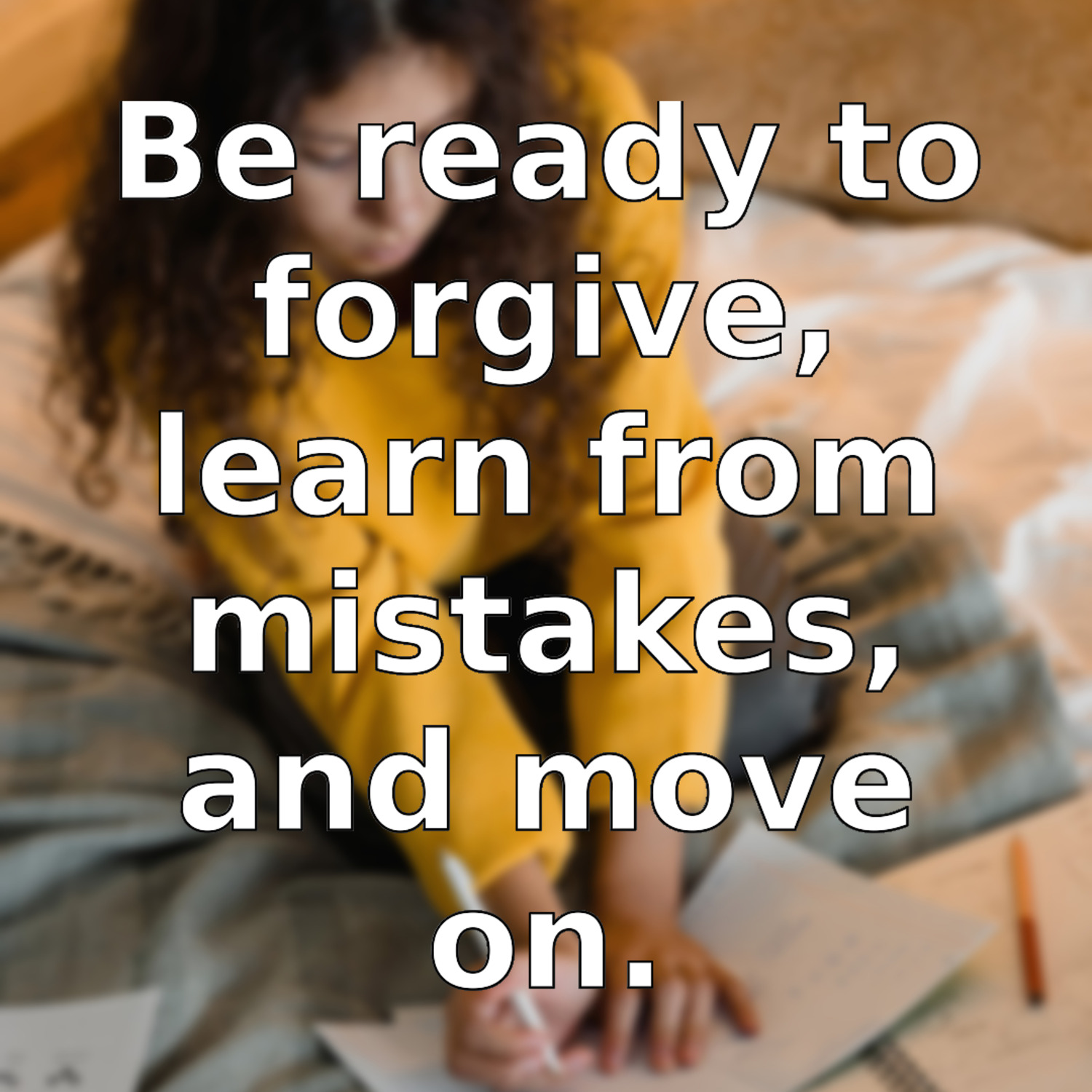
Main Principles For Lasting Motivation
Focus on a few main principles for lasting motivation: visualizing in detail our goal, getting comfortable with being uncomfortable, and allowing our future selves to advise and guide our present sel…
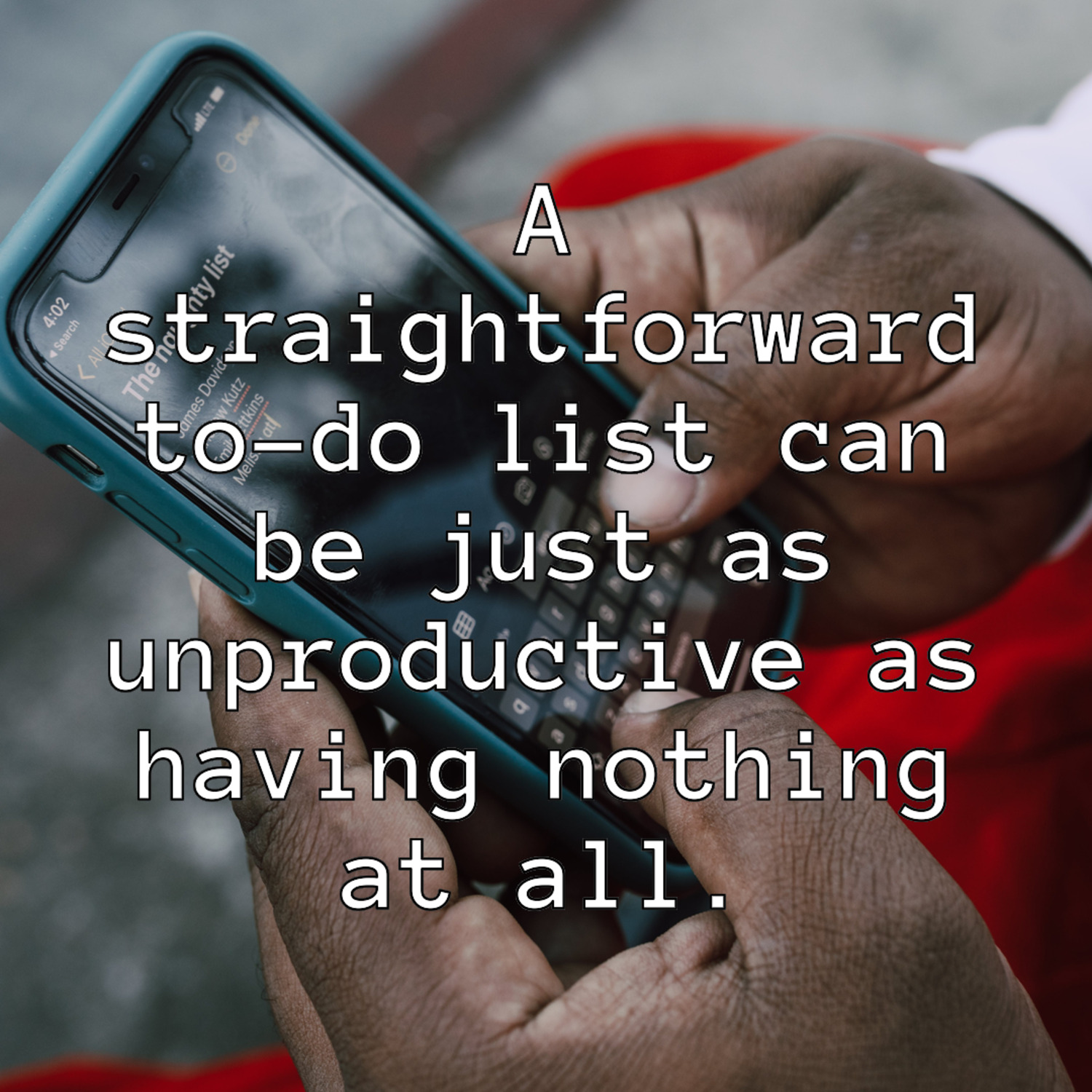
Break Your To-Do List Into Categories
Another way to improve your to-do list is by using categories: immediate attention, in progress, follow-ups, upcoming, and ideas. This allows you to again sort by priority and make sure that you are …
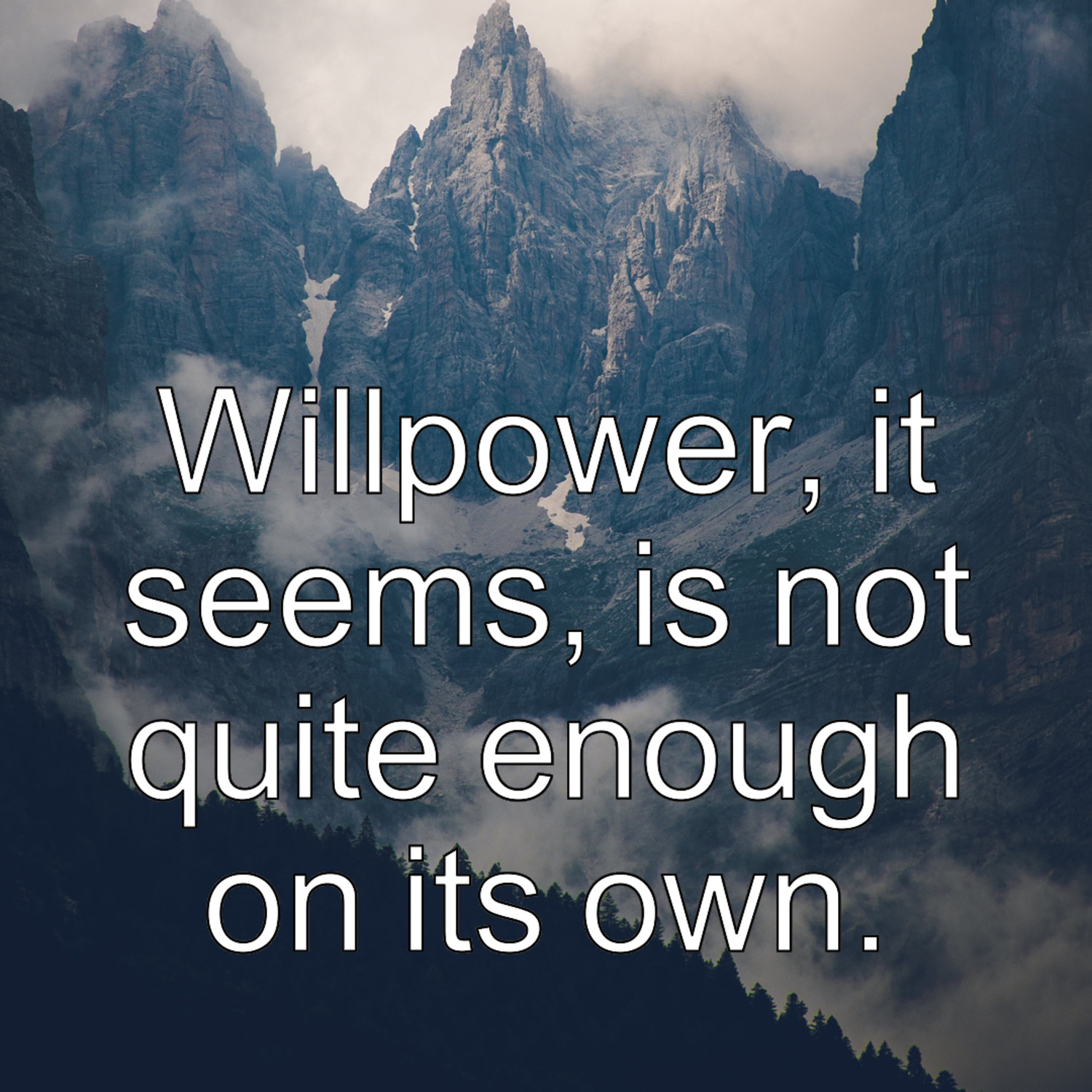
Believe In Willpower
The irony is that simply having a little faith in yourself will start to shift things for you! As we’ve seen, gratitude, responsibility, honesty and allowing others to hold you accountable are great …
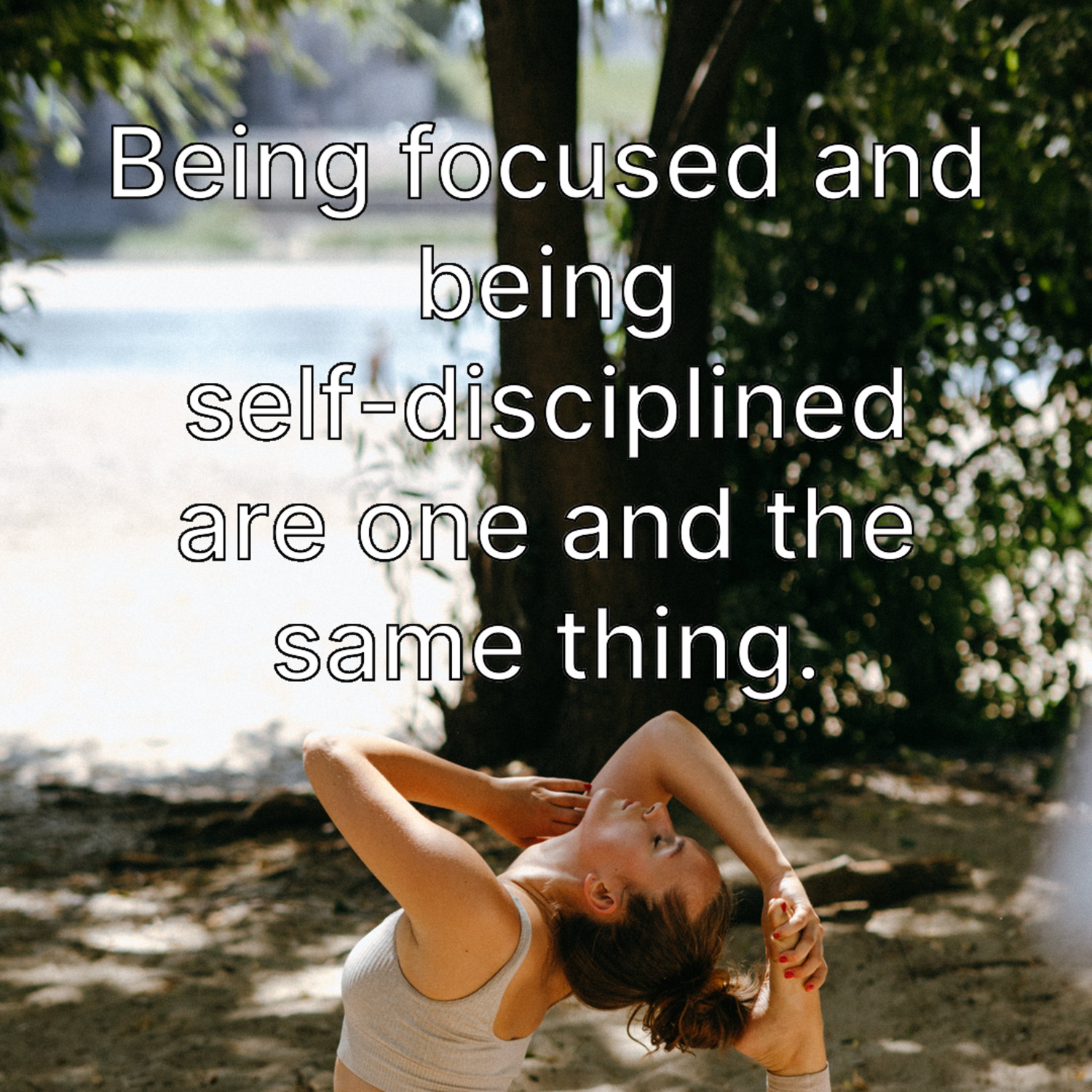
Lead Yourself Not Into Temptation
Focus on a few main principles for lasting motivation. These include not waiting for a right time, taking baby steps, working from intrinsic motivation, avoid temptation outright, cutting distraction…
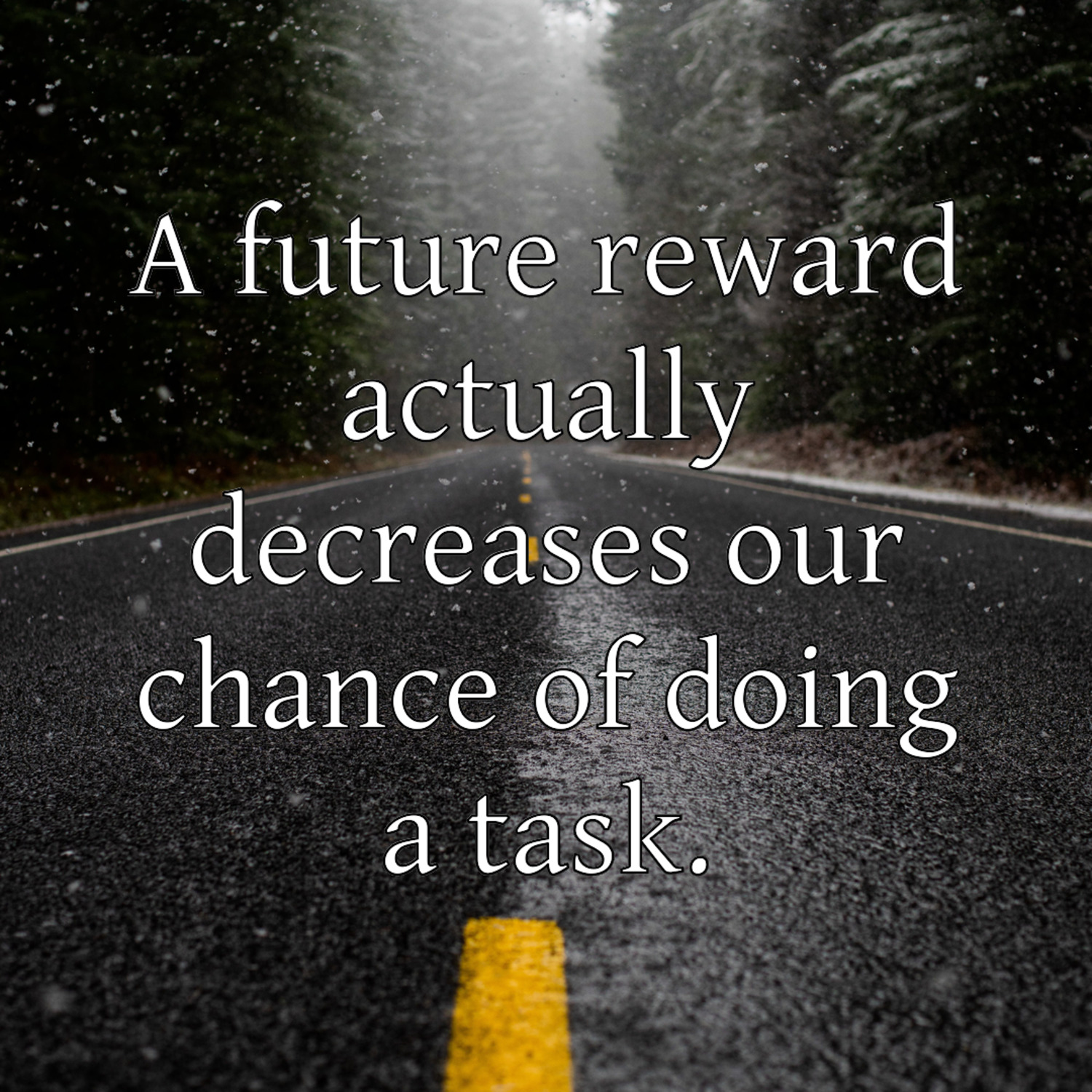
To-Do Lists On Steroids
A to-do list hastily written on a Post-It might be one of the most ubiquitous tools for self-discipline and avoiding procrastination. It works on our psychology by manipulating dopamine, and this is …
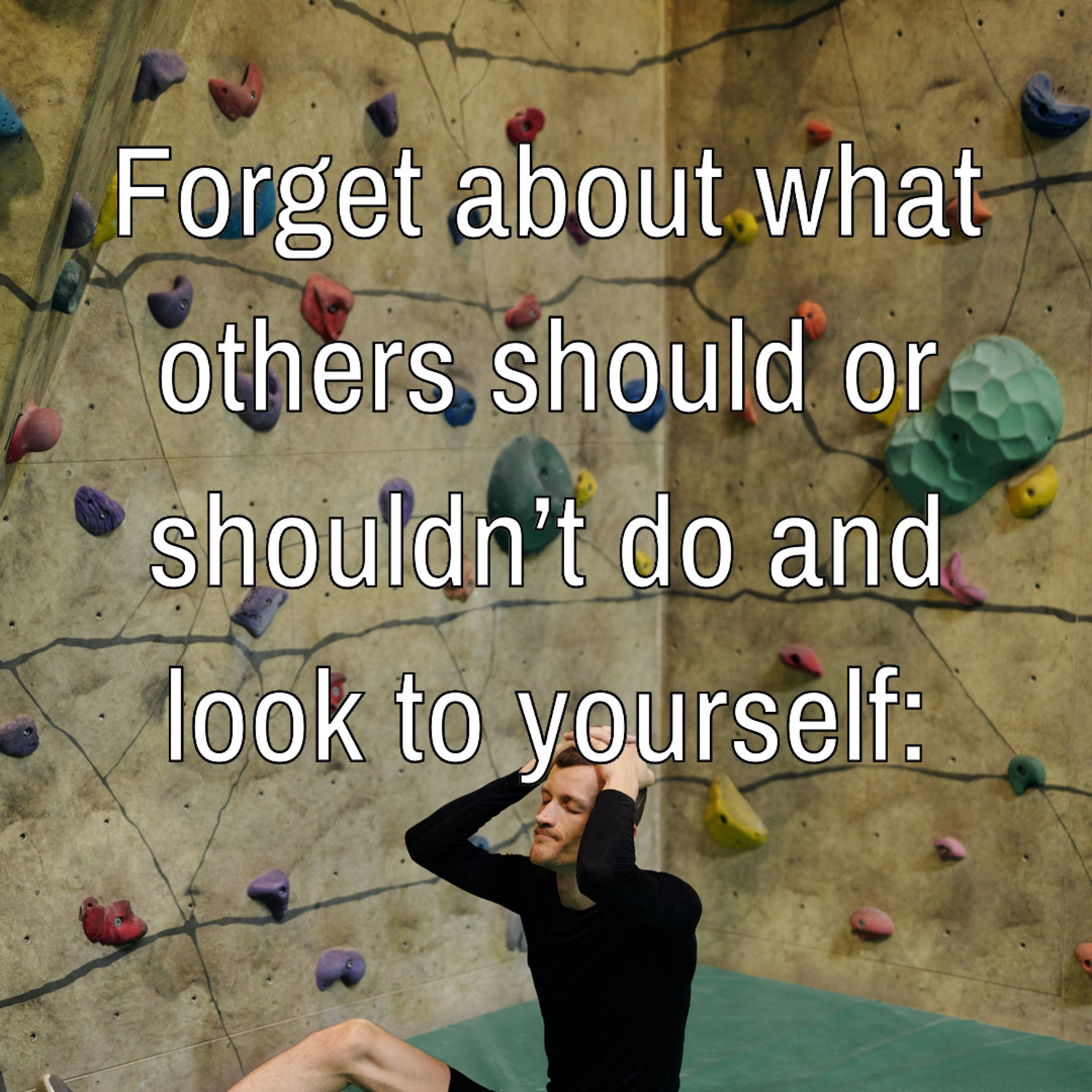
Take Ownership And Responsibility
• Have a healthy attitude toward control—though there are things in life we never have control over, we are always in charge of our own reactions and actions. Try the Stoic exercise to help you ident…
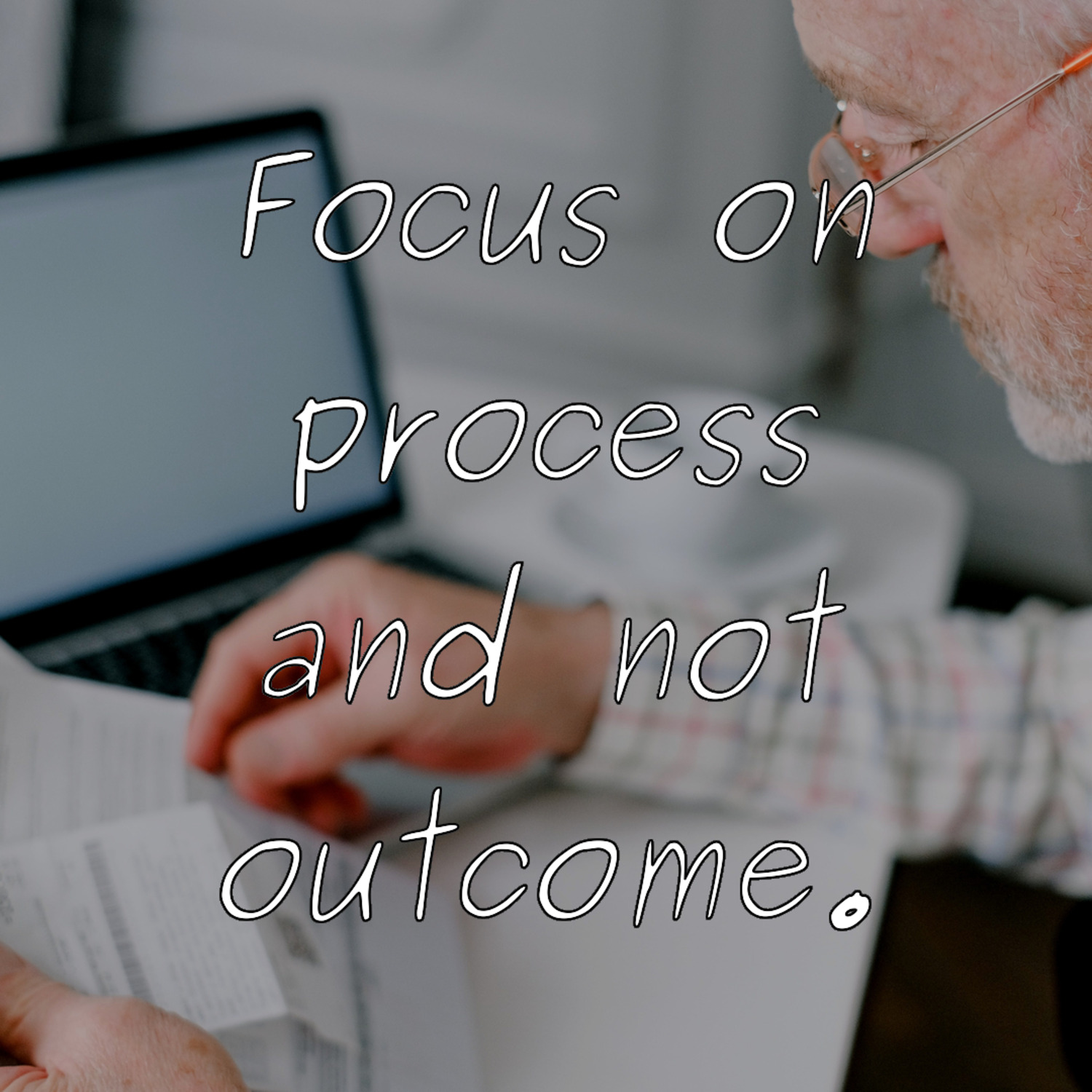
Patient Perseverance
For example, every day you could commit to walking for thirty minutes. You’re not committing to running a marathon or losing fifty pounds. All you have to focus on each day is walking thirty minutes,…

The All-Powerful Schedule - Unscheduling
Unscheduling is the radical opposite because it takes the focus off of work. In some ways, it is more realistic, because it dictates that you fill in your schedule with all of your nonnegotiables and…
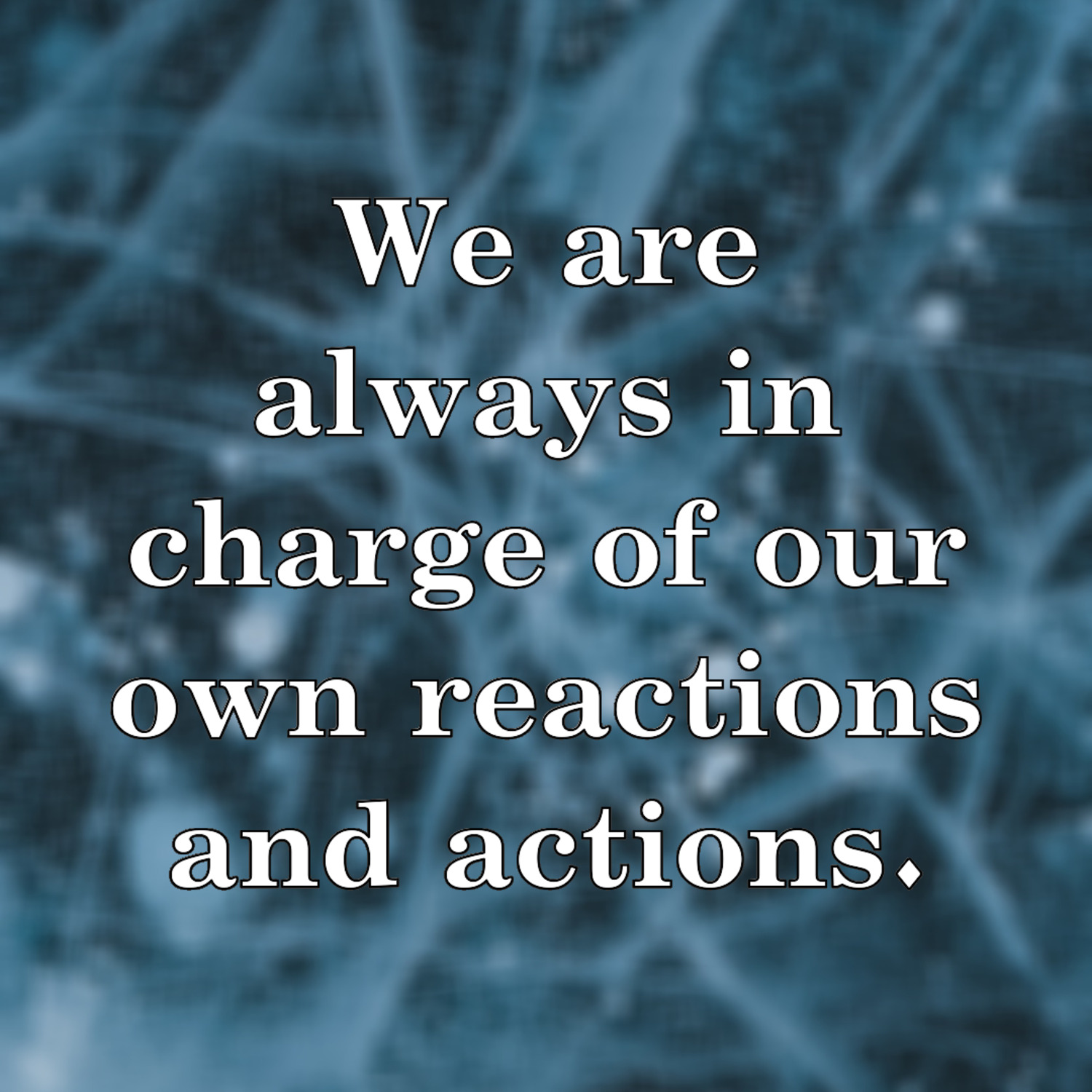
Determine What You Can Control
Have a healthy attitude toward control—though there are things in life we never have control over, we are always in charge of our own reactions and actions. Try the Stoic exercise to help you identi…
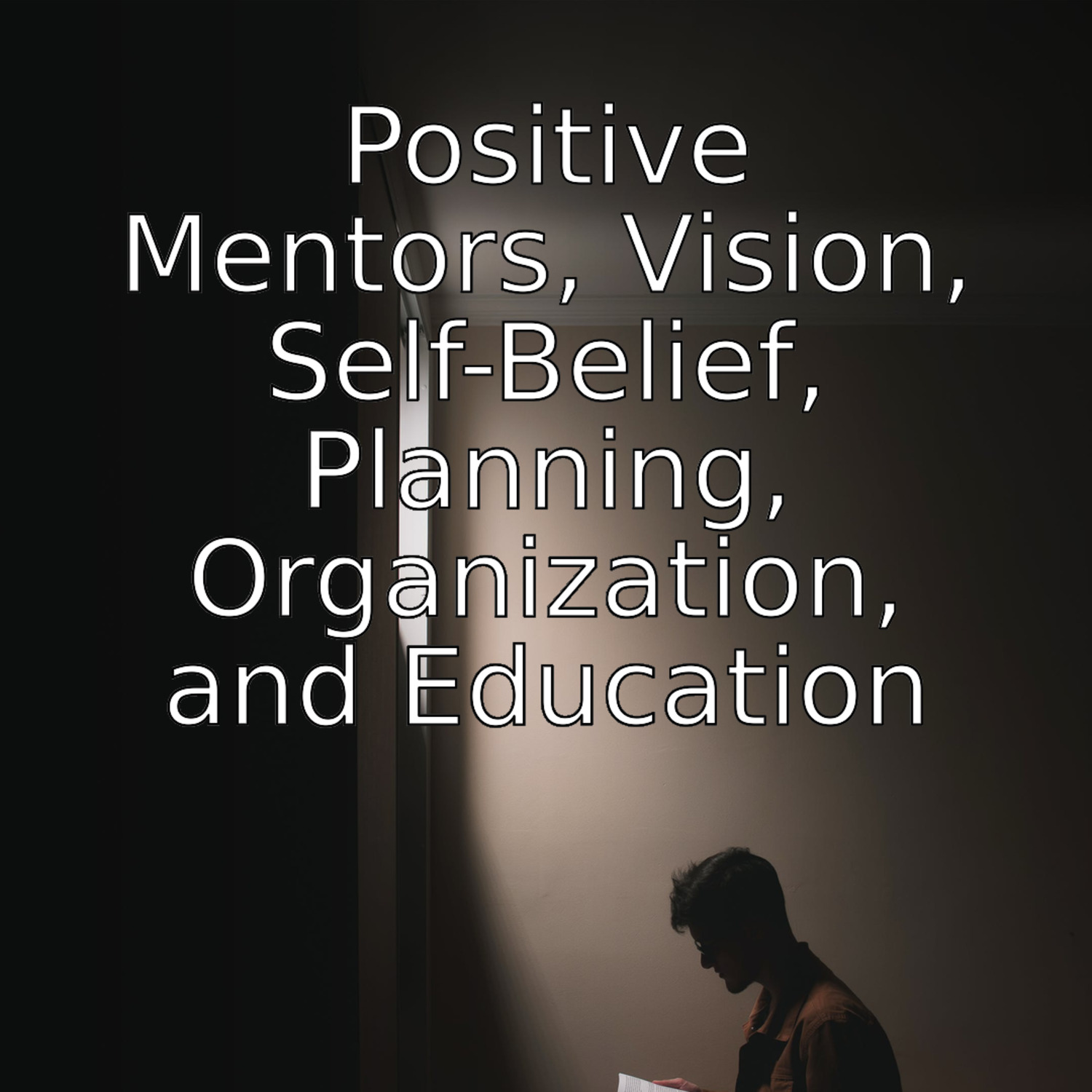
Bringing Self-Discipline Traits To Life - Part 2
• This kind of self-reflection allows you to see exactly what areas you need to work on and see whether your efforts are resulting in progress.
• Depending on which aspects you identify as und…

The All-Powerful Schedule
• A schedule can be just a schedule in the way that a hammer can be just a hammer. But why not use it to its greatest potential instead of as something you only take out for passive purposes? Schedul…
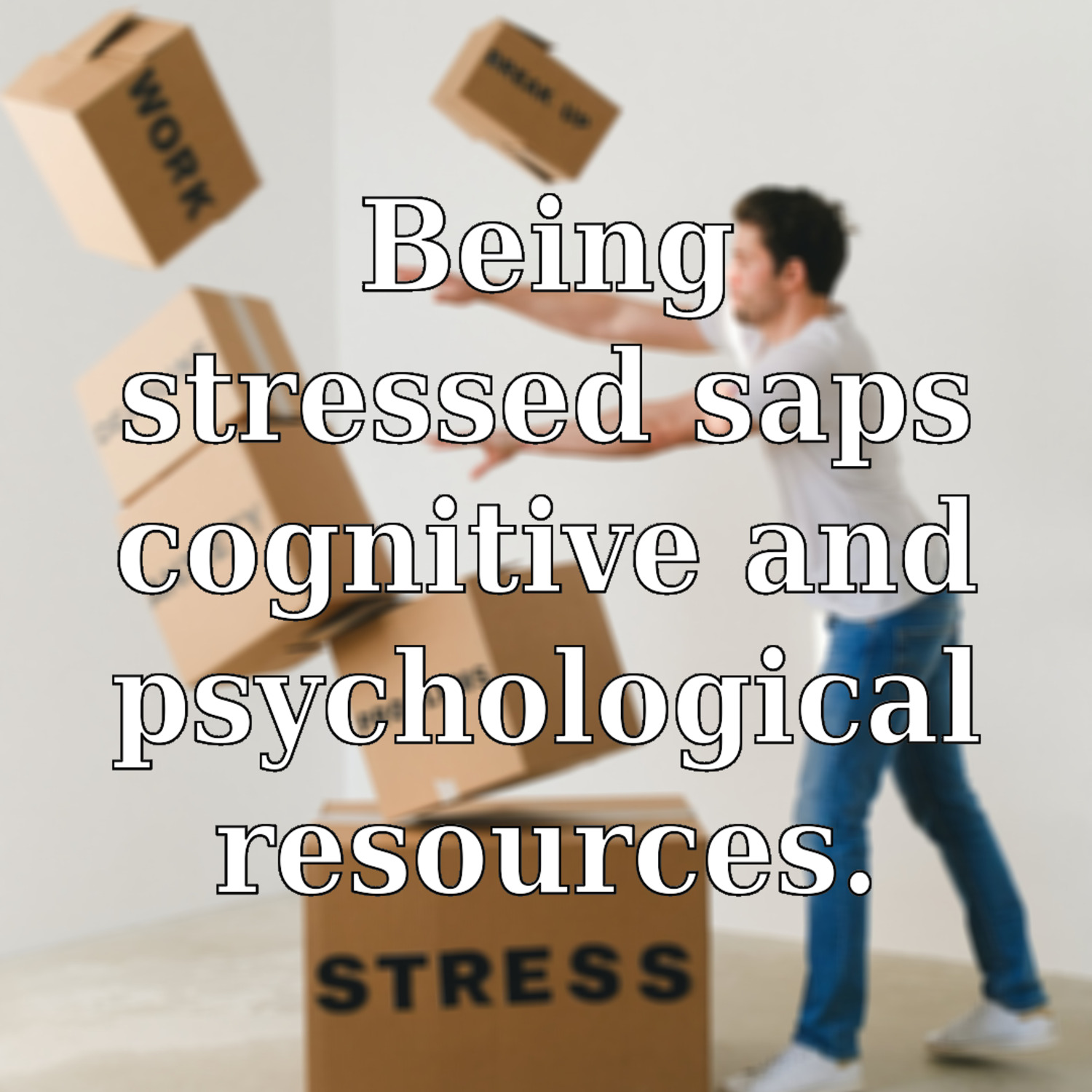
Lower Other Life Stressors
• Willpower is a limited resource that can get depleted on the many tiny stressors and tensions of daily life. Lower your overall life stress and you free up more mental bandwidth to spend on what…
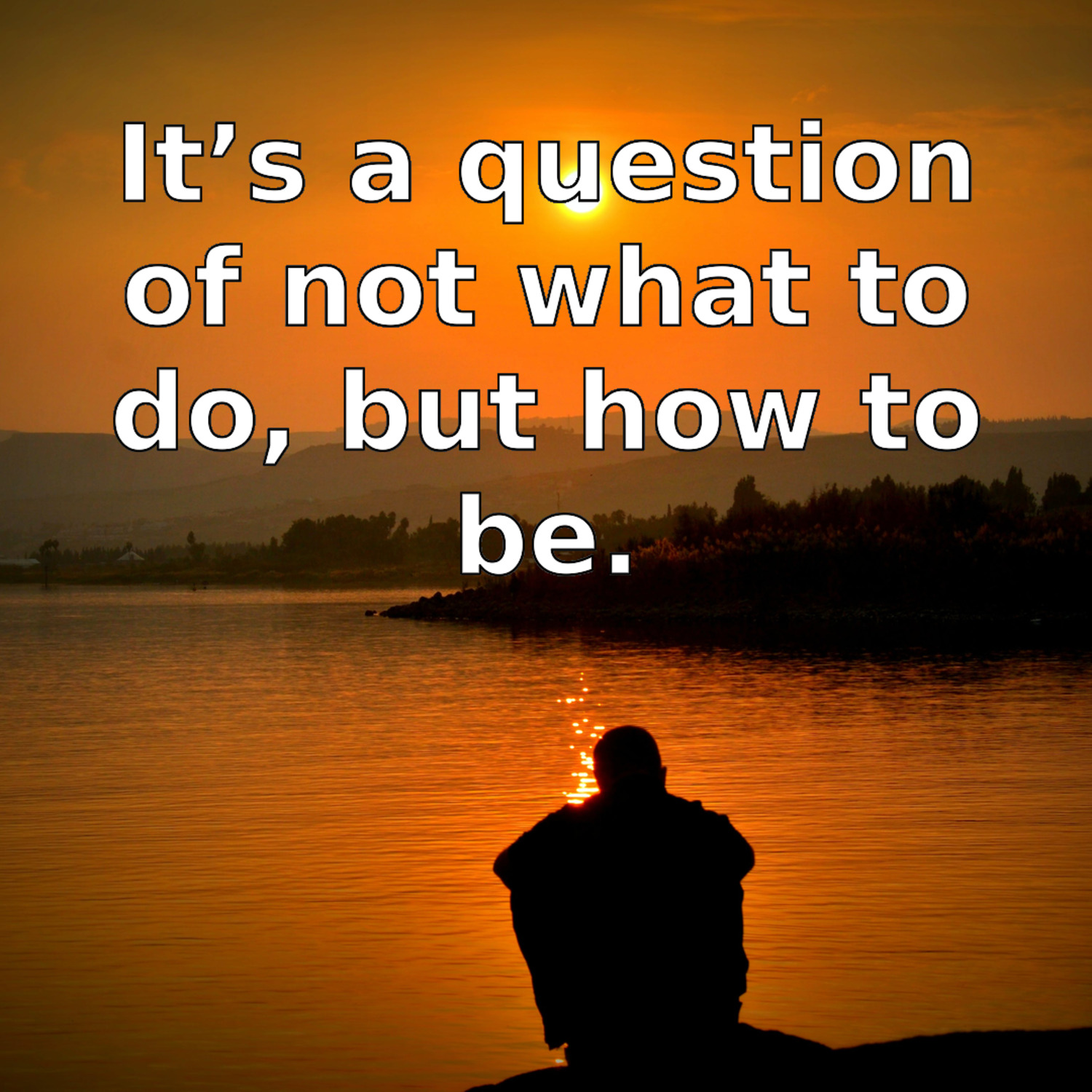
Figure Out Where You Are
Working with the limitations of your own brain requires an honest appraisal of where you are and how you’re functioning. Make it a habit to routinely assess yourself on the following aspects, on a sc…
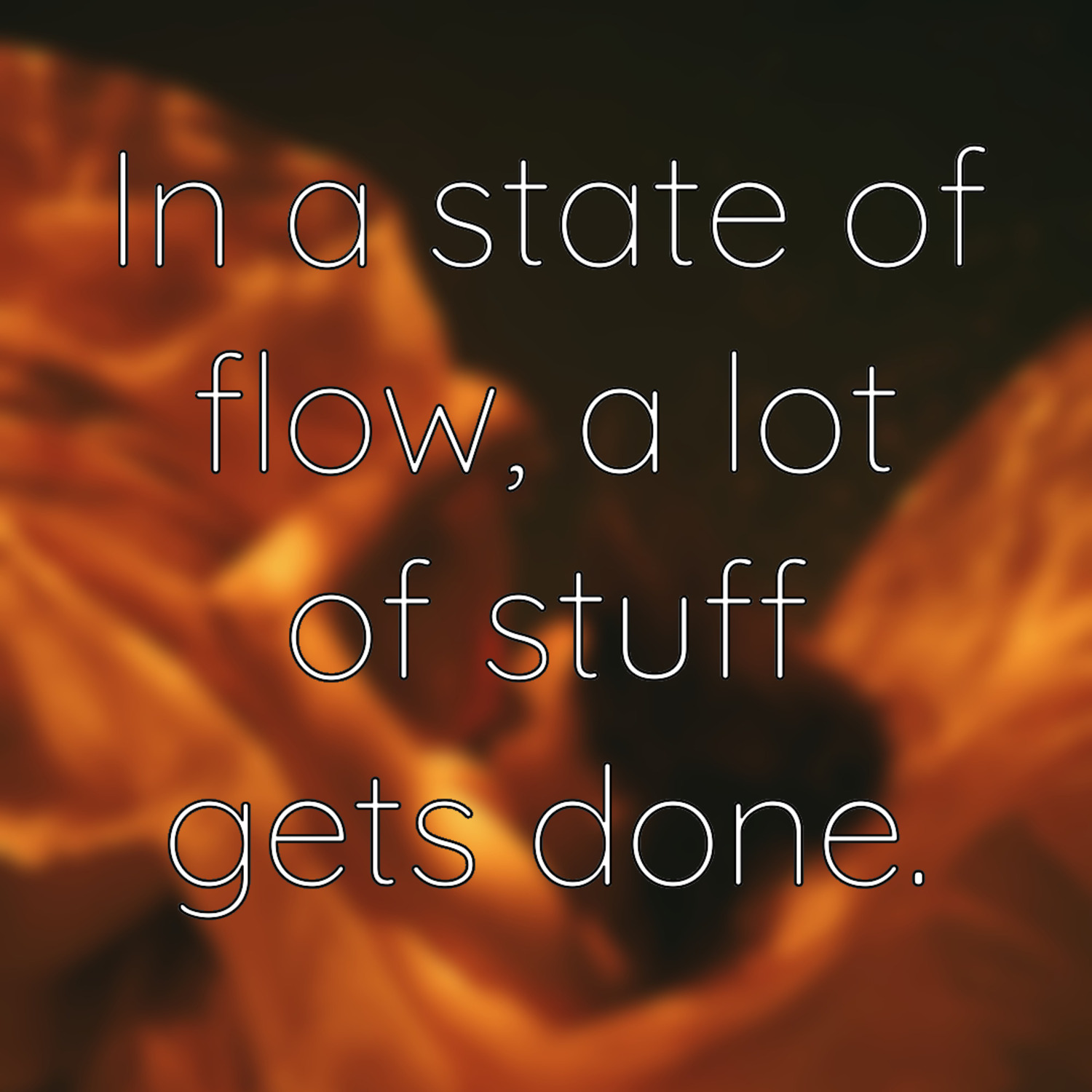
A Formula Of Flow
The second set of instructions comes from Hungarian writer Mihaly Csíkszentmihályi and his flow theory. Flow is about moving and working effortlessly, to the point that you lose track of time and are…
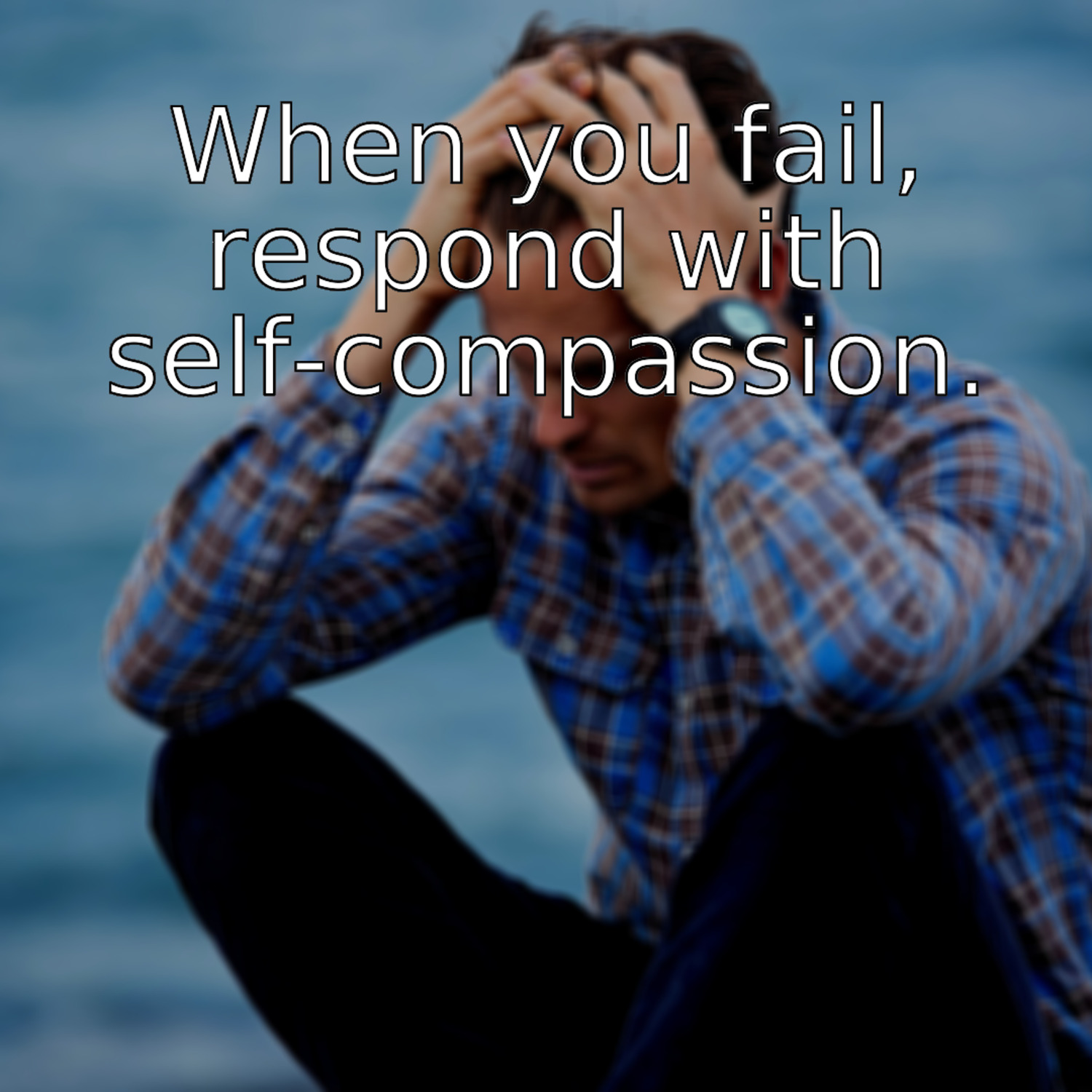
Focus On The Positive

It’s Up To You
Self-discipline is a means to reject the traits of reaction and retreat. It gives you something to actively work on every day and forces you to make decisions and take actions based on what you reall…

Dr. Patrick Keelan’S Flowchart Approach
We’ve gone through some of the psychological beasts that underlie the feeling of “lazy” and it turns out that we are beset by barriers, rather than a preference to be sloths. So what can we do with t…